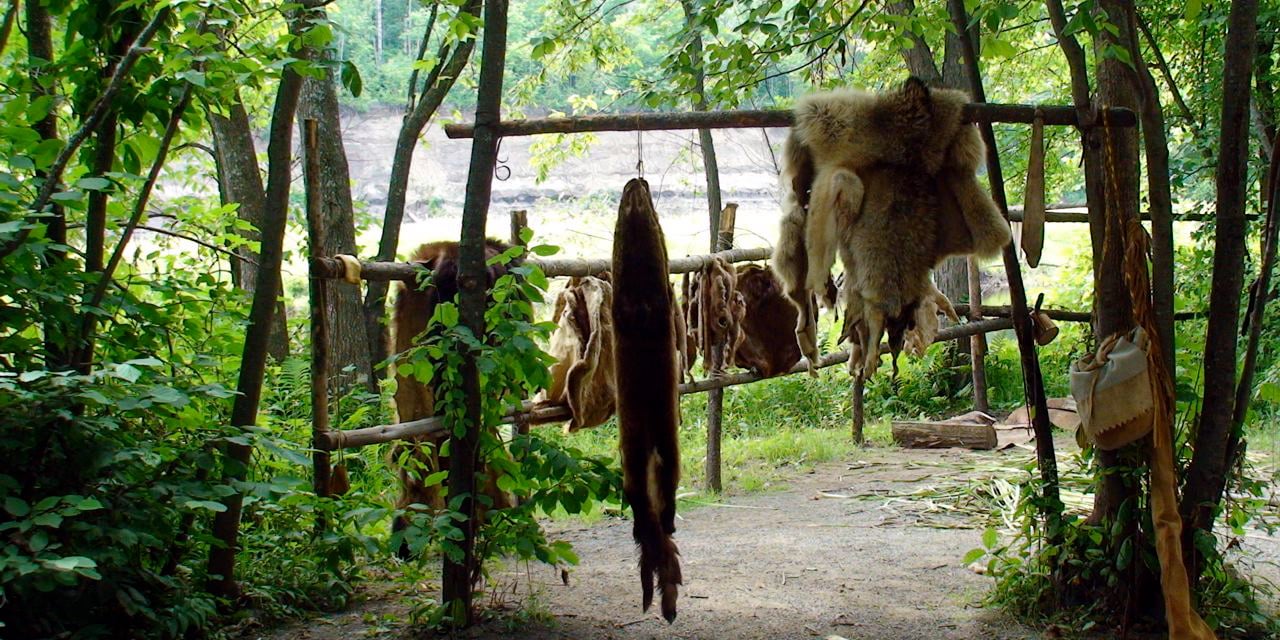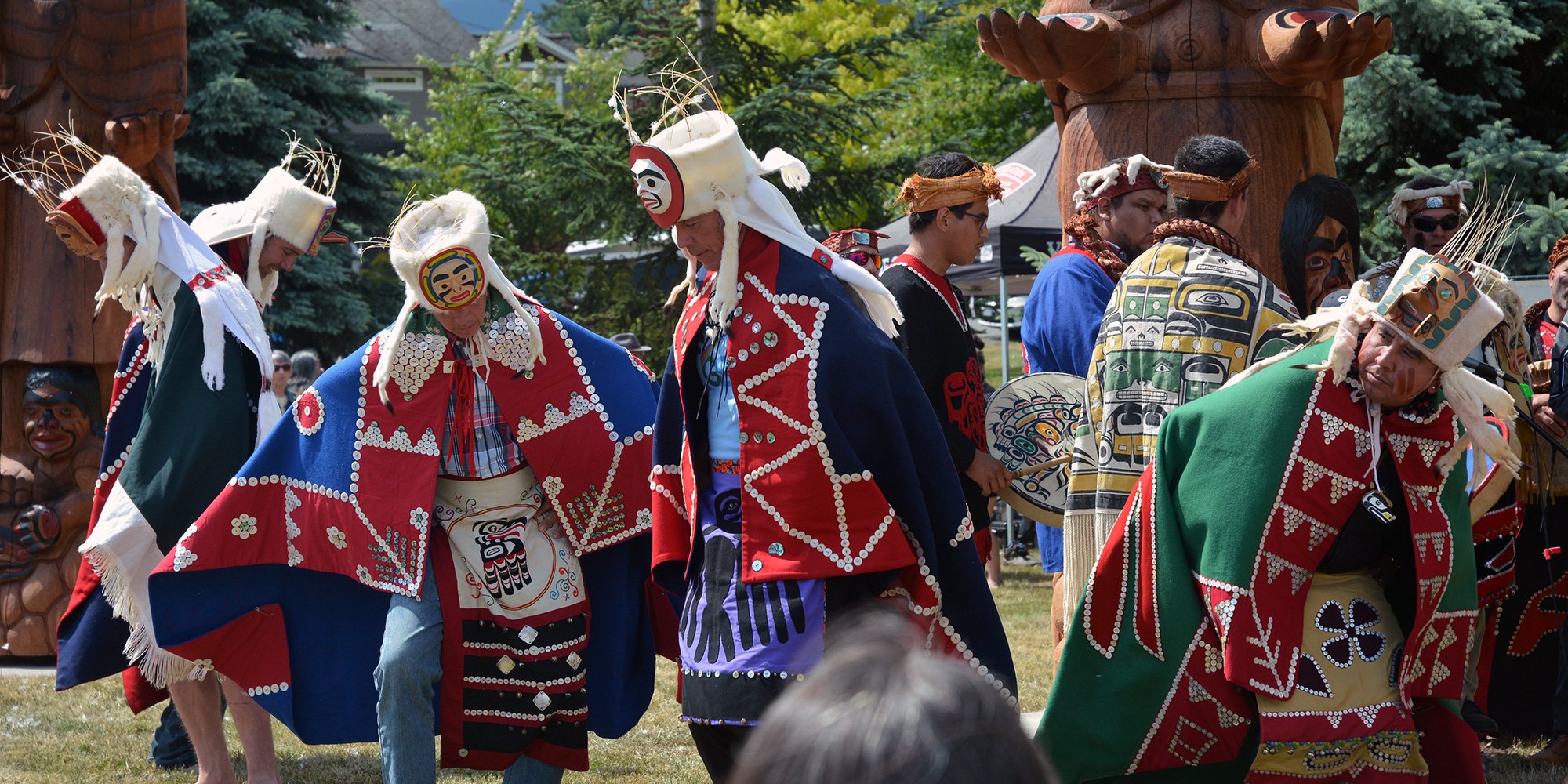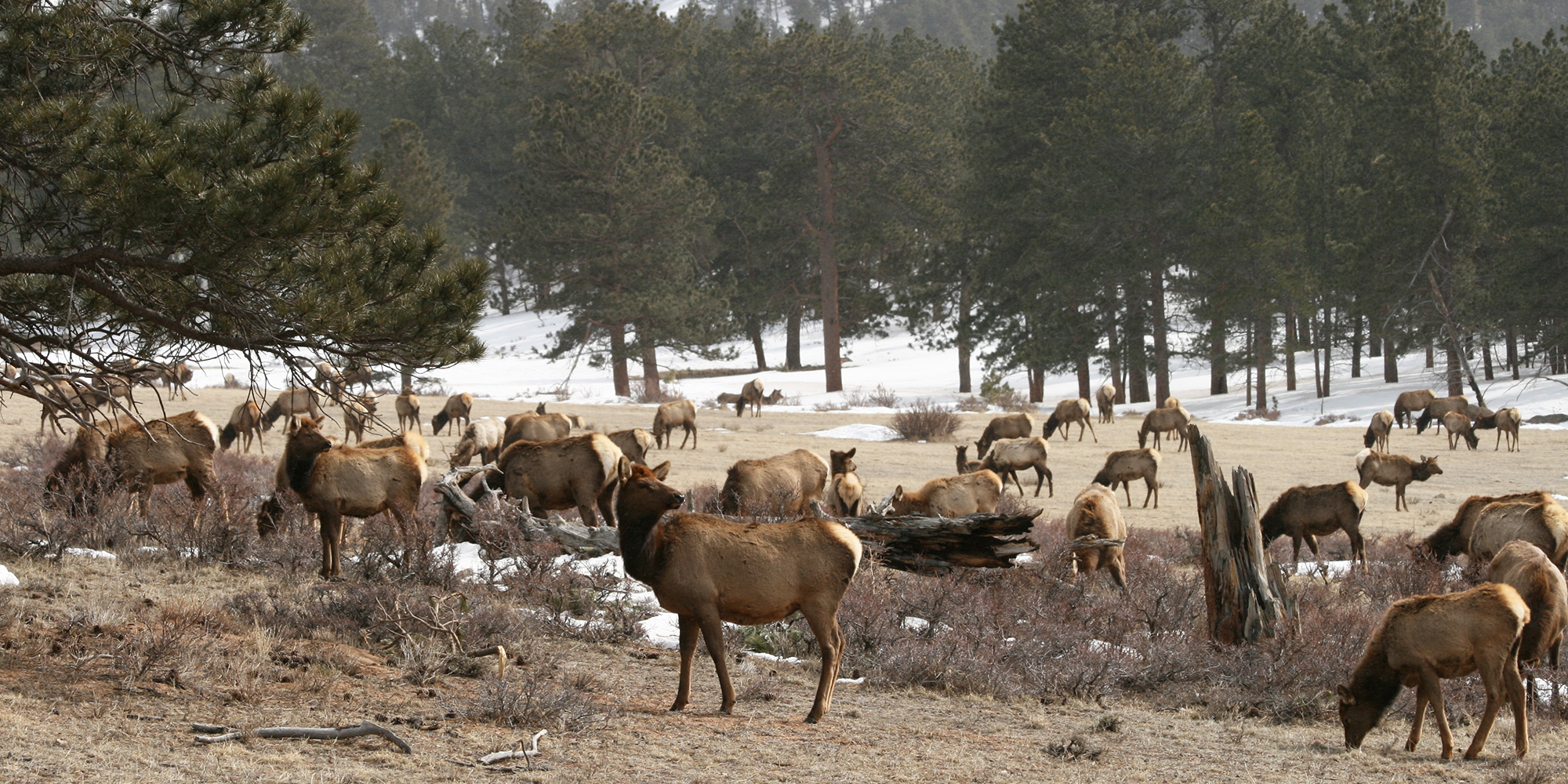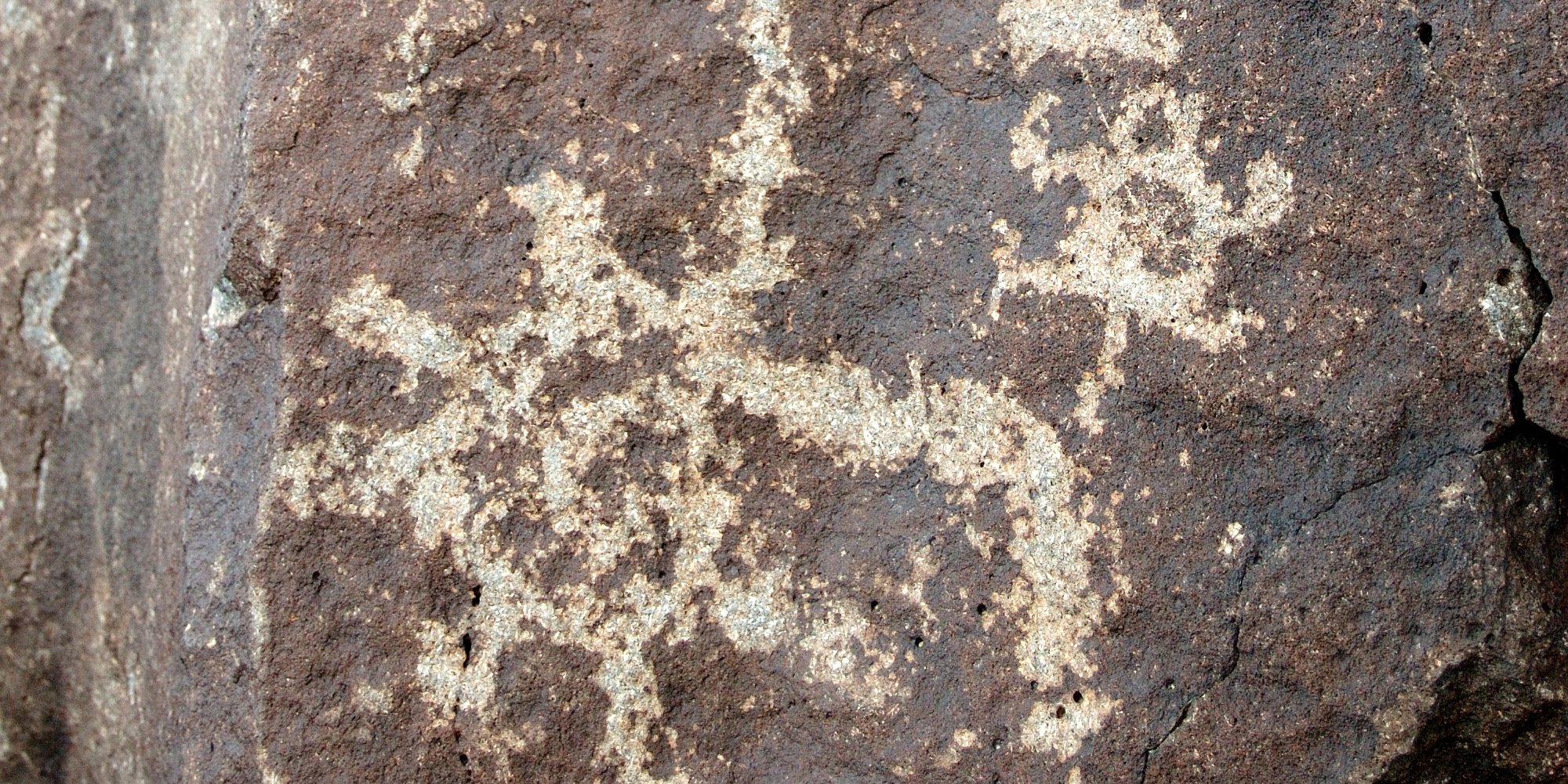Indigenous Knowledge and the Question of Copyright
Indigenous Peoples around the world are increasingly concerned about protecting their Indigenous knowledge (IK) and traditional cultural expressions...
4 min read
Bob Joseph July 25, 2018

Traditional Indigenous knowledge (TK) and traditional resources have been managed by Indigenous communities since time immemorial. The arrival of Europeans and the ensuing insatiable demand for resources, coupled with colonizing policies and the imposition of western worldviews, undermined and threatened the continuity of traditional knowledge. However, over the past four decades, there has been an increasing appreciation of the value of traditional knowledge in resource development projects, environmental management, government policies, and co-management strategies. Increasingly, its role in climate change monitoring is considered critical.
In 2018 the federal government proposed a replacement for the Environmental Assessment Act, that, if assented to should increase the incorporation of TK in the environmental assessment process. The proposed Impact Assessment Act, will “show how a proposed project could affect the environment, health, society, and the economy, as well how the development would impact Indigenous people over the long term.” [1]
Incorporating information on how a project would impact “the environment, health, society, and the economy…” of Indigenous people and communities requires a fairly significant intrusion into the community. Ever since Europeans arrived on the shores of what is now known as Canada, Indigenous Peoples have been studied, have been the objects of medical experiments, and have been written about by a succession of explorers, missionaries, researchers, scientists, and anthropologists. Vine Deloria Jr., a Native American author, theologian, historian, and activist, sums up the relationship between anthropologists and Indigenous Peoples:
Into each life, it is said, some rain must fall. Some people have bad horoscopes, others take tips on the stock market. McNamara created TFX and the Edsel. . . . But Indians have been cursed above all other people in history. Indians have anthropologists. [2]
My point is that Indigenous Peoples have been studied extensively, many times not ethically and on many occasions not necessarily with permission. And now, as the significance of TK is on the rise, they can expect even more requests for their time, knowledge, and insight.
Thankfully, in recent years there has been significant movement on how research and studies are carried out with Indigenous Peoples and communities. Many institutions have ethical guidelines and research protocol agreements. Additionally, many Indigenous organizations have established principles and protocols that researchers are required to follow.
Ownership: First Nations communities have ownership over their information and cultural knowledge.
Control: First Nations communities have control over how their information is used or accessed—and must be consulted and give informed consent to all stages of the research cycle.
Access: First Nations communities must have access to their own information and ultimately decide on the group and individual access rights based on cultural needs and protocols.
Possession: First Nations communities are stewards of their own information and data and responsible for its security. [3]
1. Guidelines for Monitoring Traditional Knowledge Studies
Ensure everyone in your organization who will be working with Indigenous communities is fully trained in a number of capacities:
2. Provide funding for the community to employ a liaison who will be your contact person within the community and with the knowledge holders.
The community/ies you are working with may not have the human resource capacity to devote one person’s time to liaison between your organization, the community, and the knowledge holders. A dedicated liaison will be a benefit to both your organization and the community.
3. Respect that TK holders have the right to refuse to share their knowledge.
Indigenous Peoples have fought hard to protect their culture. There may be information that is sacred and it will not be shared under any circumstances.
4. Acknowledge and inform the community that there are risks associated with the sharing of their TK.
TK is vulnerable to misappropriation and misuse such as “the use of traditional medicinal knowledge by scientists and multinational corporations for research, scientific or commercial purposes and the fusion of traditional sounds with modern music rhythms to create best-selling “world music” albums, with, in either case, no benefits accruing to the communities of origin.” [4]
5. Establish codes and policies regarding how and where the TK will be used
Does your organization have codes and policies regarding how and where the TK gathered will be stored and who has access to it? Is there an expiry date on how long your organization keeps the information? If this information has not been defined in company policies then it’s a good idea to have that sorted out prior to contacting a community and asking them to share cultural information with you.
6. Draw up an agreement with the community that details the nature and scope of the project.
The agreement should:
Every engagement with an Indigenous community for the purposes of information gathering should adhere to the four Rs: Respect, Relevance, Reciprocity, Responsibility, and, the three Ps: protection, partnership, and participation.
Our Indigenous Consultation & Engagement training program has helped thousands of organizations and individuals to work more effectively with Indigenous communities.
[1] Marg. Bruineman Federal bill aims to improve environmental assessments, Law Times, April 2018
[2] Vine Deloria Jr. Custer Died for Your Sins: an Indian Manifesto. 2nd Edition. University of Oklahoma Press, 1988. Excerpt: “Anthropologists and Other Friends, Chapter 4, pg 78 – 79
[3]The First Nations Principles of OCAP®
[4] S. Rama Rao, The Relationship between Intellectual Property and the Protection of Traditional Knowledge and Cultural Expressions, Traditional Knowledge & Indigenous Peoples, p. 40
Featured photo: Cindy Joseph

Indigenous Peoples around the world are increasingly concerned about protecting their Indigenous knowledge (IK) and traditional cultural expressions...

There are more and more articles in the news about the value of Indigenous traditional knowledge being taken into account in climate change studies,...

What does Indigenous knowledge (IK) mean? That’s a big question because “there are approximately 370 million Indigenous people in the world,...